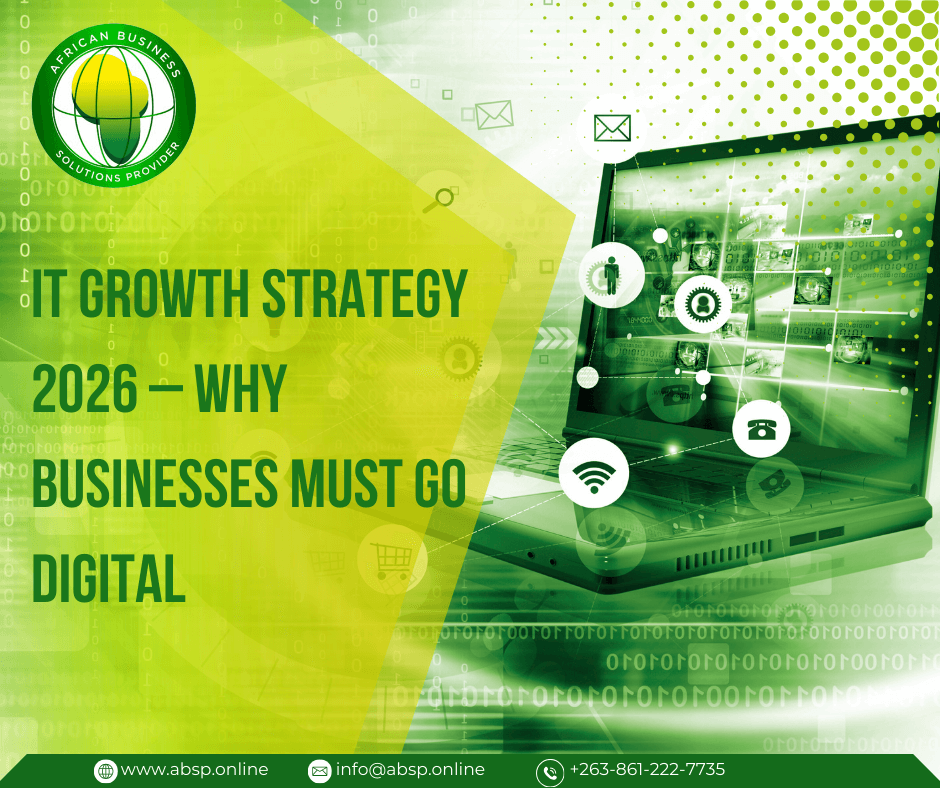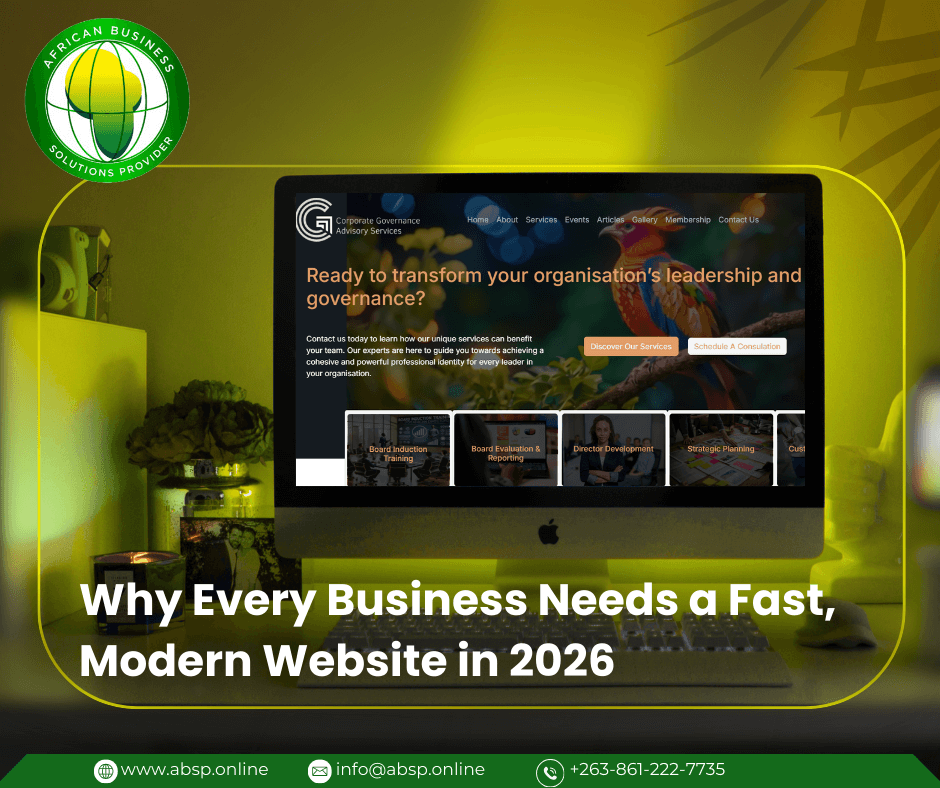Beyond Adoption: Why Africa’s IT Strategy Must Shift from Copying to Contextual Innovation
Introduction: The Paradox of Progress
In Zimbabwe—and across Africa—there’s a growing realization that the very education systems we once viewed as a pathway out of poverty are now shaping an elitist worldview. This worldview often prioritizes international governance models, technology standards, and regulatory benchmarks that are misaligned with the realities on the ground. While this tension spans political, economic, and social domains, this piece focuses specifically on its impact within the ICT sector.
The Certification Trap: Global Credentials, Local Blind Spots
Our IT leaders are highly credentialed—armed with degrees and globally recognized certifications from institutions and OEMs like Cisco, Microsoft, and others. These qualifications have historically enabled Africa to leapfrog technologically, adopting proven frameworks and platforms to accelerate development.
However, the unintended consequence is a growing dependency on imported models that lack contextual relevance. The result? Increased compliance costs, operational complexity, and a widening gap between theoretical best practices and practical, on-the-ground realities.
Buzzwords Without Backbone
Terms like “digital transformation,” “AI,” and “cloud-first” dominate boardroom conversations—but often without a clear understanding of their implications or suitability within our local context. We risk becoming fluent in global tech jargon while remaining disconnected from the structural challenges facing our communities and enterprises.
This disconnect manifests in solutions that are over-engineered, vendor-locked, underutilized, and misaligned with local infrastructure, regulatory maturity, user preferences, and economic constraints.
The Innovation Bottleneck: Too Much Learning, Too Little Building
The pace of global innovation is relentless. Yet in our pursuit to keep up—through endless certifications, training programs, and imported frameworks—we’re neglecting the urgent need to develop homegrown solutions. We’re investing heavily in learning, but not enough in building.
As professionals, we may be equipped to articulate problems using textbook definitions, yet lack the tools, time, determination, and executive support to fully engage with their multidimensional nature on the ground.
The Strategic Imperative: Contextual Intelligence Over Imported Excellence
This is not a call to abandon global learning. Rather, it’s a call to recalibrate. We must understand the context in which Western innovations were developed—and critically assess their applicability, sustainability, and long-term relevance to our own challenges.
- Local Relevance: Solutions must be designed with a deep understanding of local infrastructure, user behavior, cultural dynamics, and regulatory environments.
- Resource Allocation: Time, talent, and capital must be redirected toward developing innovations that solve African problems—not just implementing foreign ones.
- Balanced Strategy: Staying abreast of global trends is important, but it must be balanced with deliberate investment in indigenous innovation ecosystems.
Conclusion: Build for the Ground You Stand On
Africa’s ICT future will not be secured by copying and pasting frameworks from the West. It will be shaped by leaders who understand ground realities, invest in context-driven innovation, and prioritize relevance over replication.
Key Takeaway: Africa’s true competitive edge will not come from how efficiently we adopt global standards—but from how intelligently we integrate global advancements with locally grounded innovation. The future belongs to those who can contextualize, adapt, and build solutions that resonate with the realities on the ground.
#Afritech #TechInAfrica #AfricanStartups #AfricanBusiness #Entrepreneur #AI4Africa #AfricaInnovation
Recent Posts

Companies that delay or resist digital adoption risk losing relevance, customers, and revenue.

In 2026, social media is no longer optional for businesses — it’s essential.

In 2026, having a website is no longer optional — but having a fast, modern website is what separates successful businesses from digital failures.
Comments
John Doe
January 26 2021
Lorem ipsum dolor sit amet, consectetur adipisicing elit. Architecto aspernatur cupiditate dolore laudantium magni maiore minus odit optio perspiciatis qui, rem sit unde? Aliquid dolor, eaque eligendi minus quis sequi?
John Doe
January 26 2021
Lorem ipsum dolor sit amet, consectetur adipisicing elit. Architecto aspernatur cupiditate dolore laudantium magni maiore minus odit optio perspiciatis qui, rem sit unde? Aliquid dolor, eaque eligendi minus quis sequi?